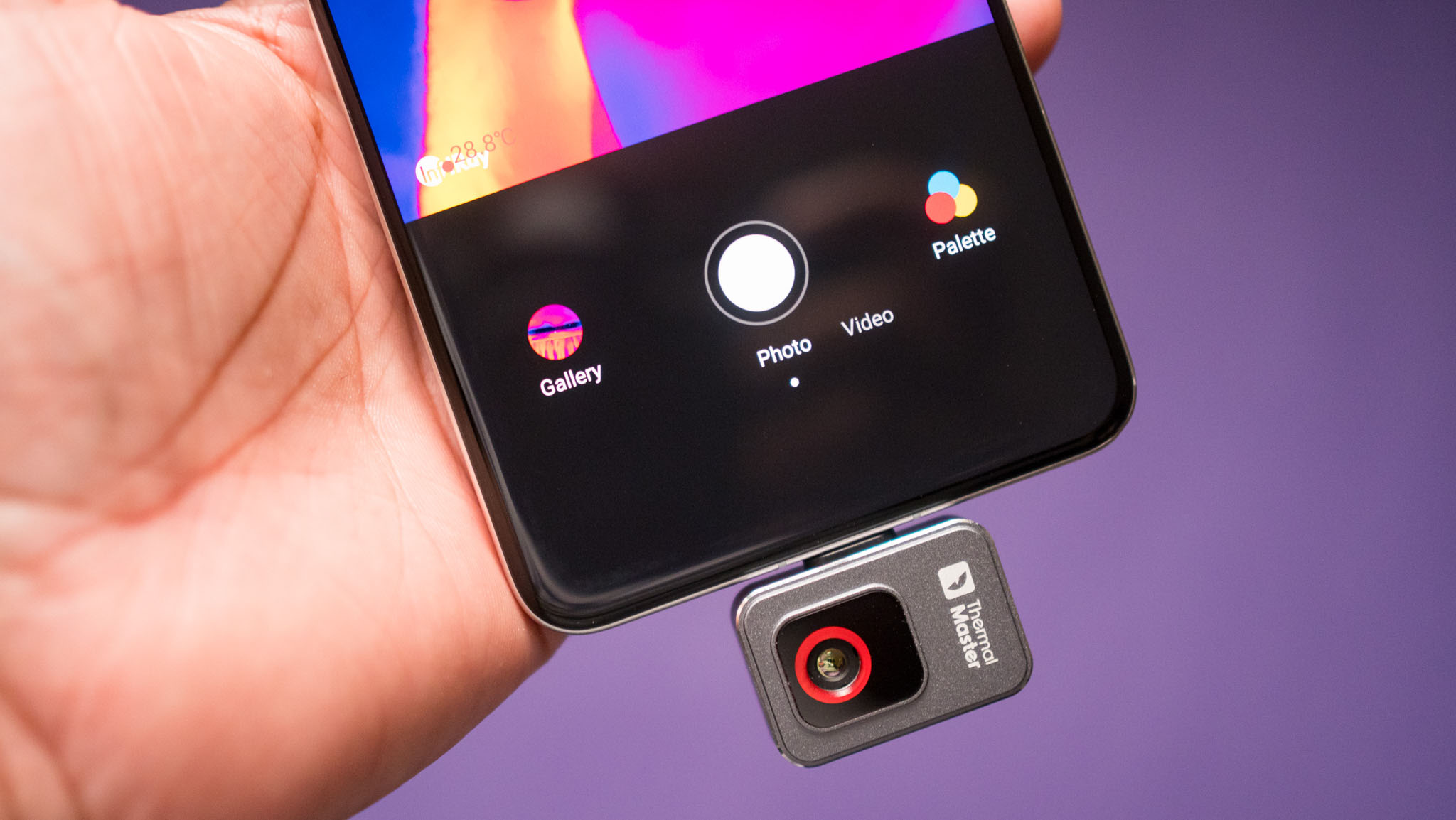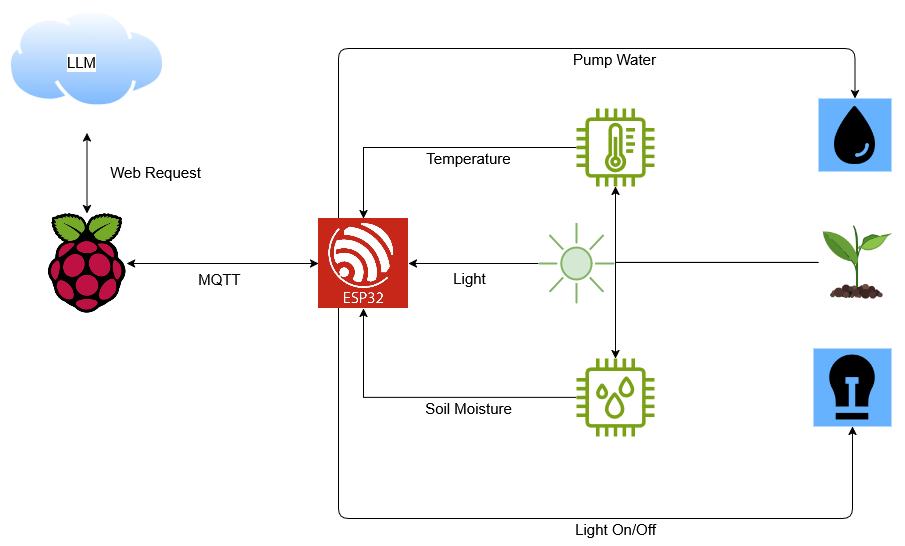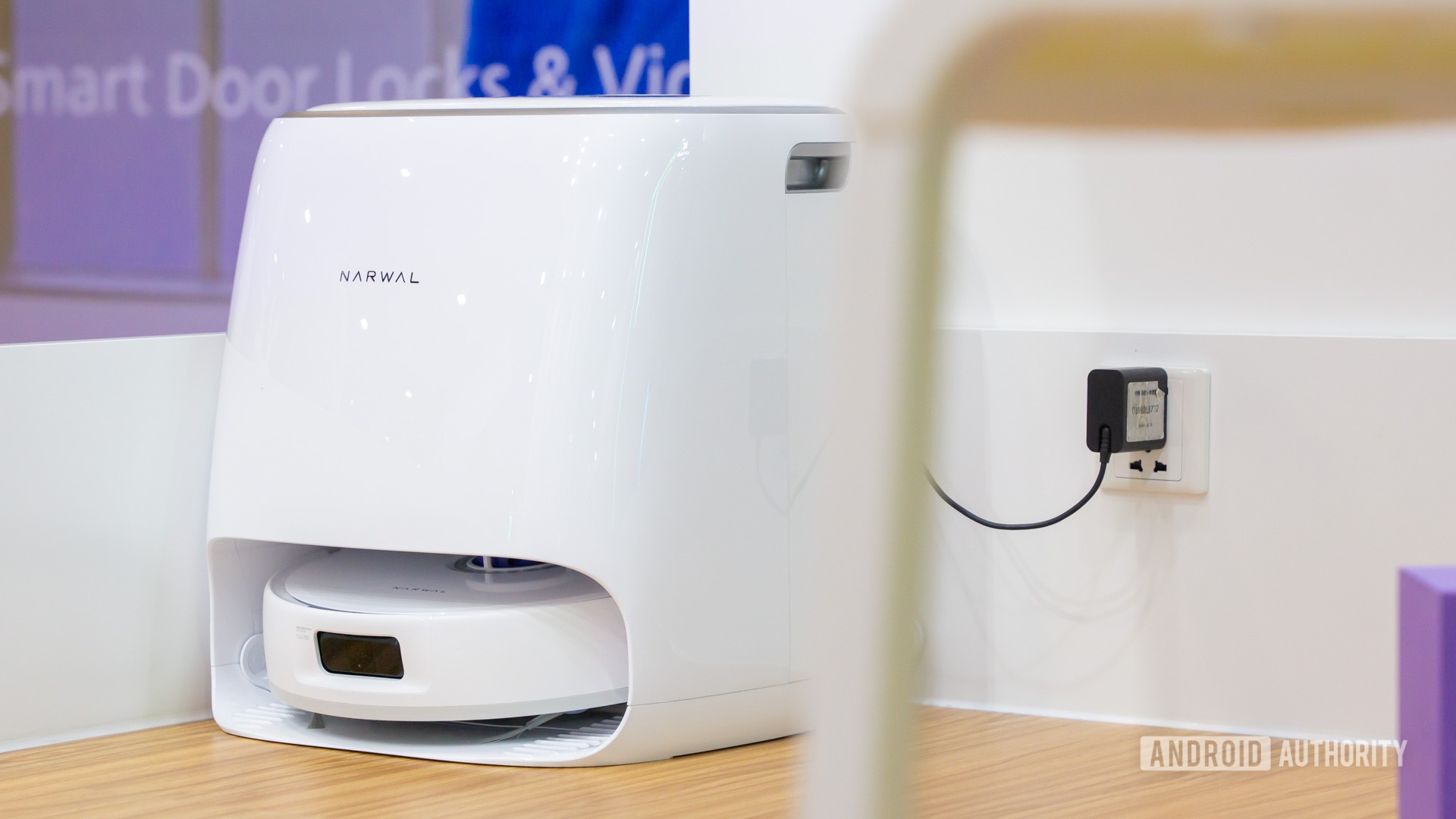The Gradual Shift to Passkeys: A New Era in Cybersecurity

The transition towards adopting passkeys is unfolding in a manner that can be described as both gradual and sudden. A significant player in this movement is Apple, which has fully embraced the concept of passkeys as a robust solution for consumer security. However, the implementation of passkeys has presented challenges within enterprise environments, where management complexities often arise. Thankfully, progress is being made to address these issues and streamline adoption in business settings.
As we approach World Password Day, a noteworthy development has come from Dashlane, a prominent password management company. They have announced their integration of confidential computing technology to enhance the security of synced passkeys stored in the cloud. Traditionally, private keys were vulnerable as they were kept in client software memory, but with this new approach, they are now securely housed within AWS Nitro Enclaves. This innovation not only fortifies protection but also grants IT teams a greater degree of control, all while ensuring an exemplary user experience.
John Bennett, the Chief Executive Officer of Dashlane, highlighted the transformative potential of passkeys, stating, Theres a lot I could say about passkeys as a technology, but I fundamentally believe that they will create a world where account takeovers are almost eliminated. This assertion underscores the optimistic outlook for passkeys in reducing instances of unauthorized account access, a critical issue in todays digital landscape.
For organizations that handle shared accounts or require access to sensitive informationsuch as cloud storage logins or single-sign-on (SSO) administrative portalsthis update introduces a host of new management options. Administrators can now craft more stringent policies about credential sharing practices, specify usage locations, and dictate the methods for revoking access when necessary.
What adds another layer of intrigue to this development is that Dashlane continues to uphold its commitment to a zero-knowledge security model. This means that even though passkeys are stored in the cloud, they remain encrypted, and only the end user possesses the ability to decrypt them. The secure enclave plays a crucial role in managing authentication handshakes while keeping the private key shielded from unauthorized access.
Historically, there has been a delicate balance between the security offered by hardware keys and the user-friendliness of software-based solutions. While hardware keys are renowned for their solid security framework, managing them on a large scale can be cumbersome, particularly for multinational companies. On the other hand, software-based synced passkeys offer ease of use but have traditionally lacked the same level of security. With this recent update from Dashlane, there is a clear intention to bridge that gap, providing businesses with the convenience users demand alongside the security that IT departments require.
In addition to passkeys, Dashlane is incorporating single sign-on (SSO) and security information event management (SIEM) into its focus on confidential computing. This is particularly beneficial for Apple-centric IT teams aiming to streamline credential management while maintaining an effective user experience. As the importance of passkeys in cybersecurity continues to grow, the urgency for a global shift towards this technology becomes increasingly evident. It is a rare occasion when major technology vendors come together to support open standards, and passkeys represent one of those unique instances that could redefine security protocols across the board.


























